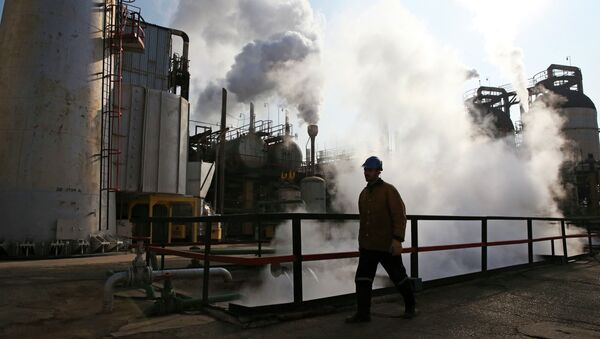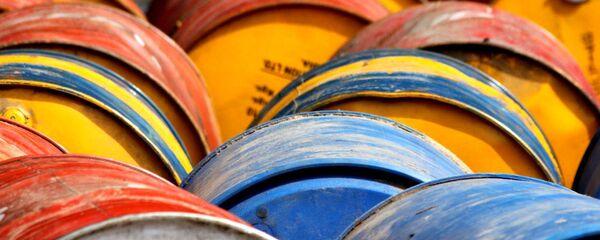"[We are] calling it an economic windfall, that’s a technical term in economics, which is a one-time increase in resources accruing to a country, and that’s what this is," Devarajan said of the impact of the sanctions relief under the Iran nuclear agreement.
The economist added there are some "political ramifications" for the process, "which is why we [World Bank] very carefully called it an economic windfall."
According to members of US President Barack Obama’s negotiating team, Iran is likely to gain $55 billion once the nuclear agreement is in place, much of it in the form of foreign reserves.
In a Thursday speech at the Carnegie Endowment for International Peace, Davarajan argued that the amount of money is less consequential than how Iran decides to use it.
"It really matters how you [Iran] manage this windfall, if it will create sustainable growth," he said.
In an August report on the impact of Iranian sanction relief, the World Bank advises Tehran to invest its economic windfall in domestic infrastructure, and upgrading telecommunications in support of high technological, non-oil industries.
As a result of the tough international sanctions beginning in 2012, Iran’s economy slumped into a two-year recession.
Under the Joint Comprehensive Plan of Action reached in July, all nuclear-related sanctions against Iran will be lifted as a condition of Iran’s agreement to maintain a solely peaceful nuclear program.



